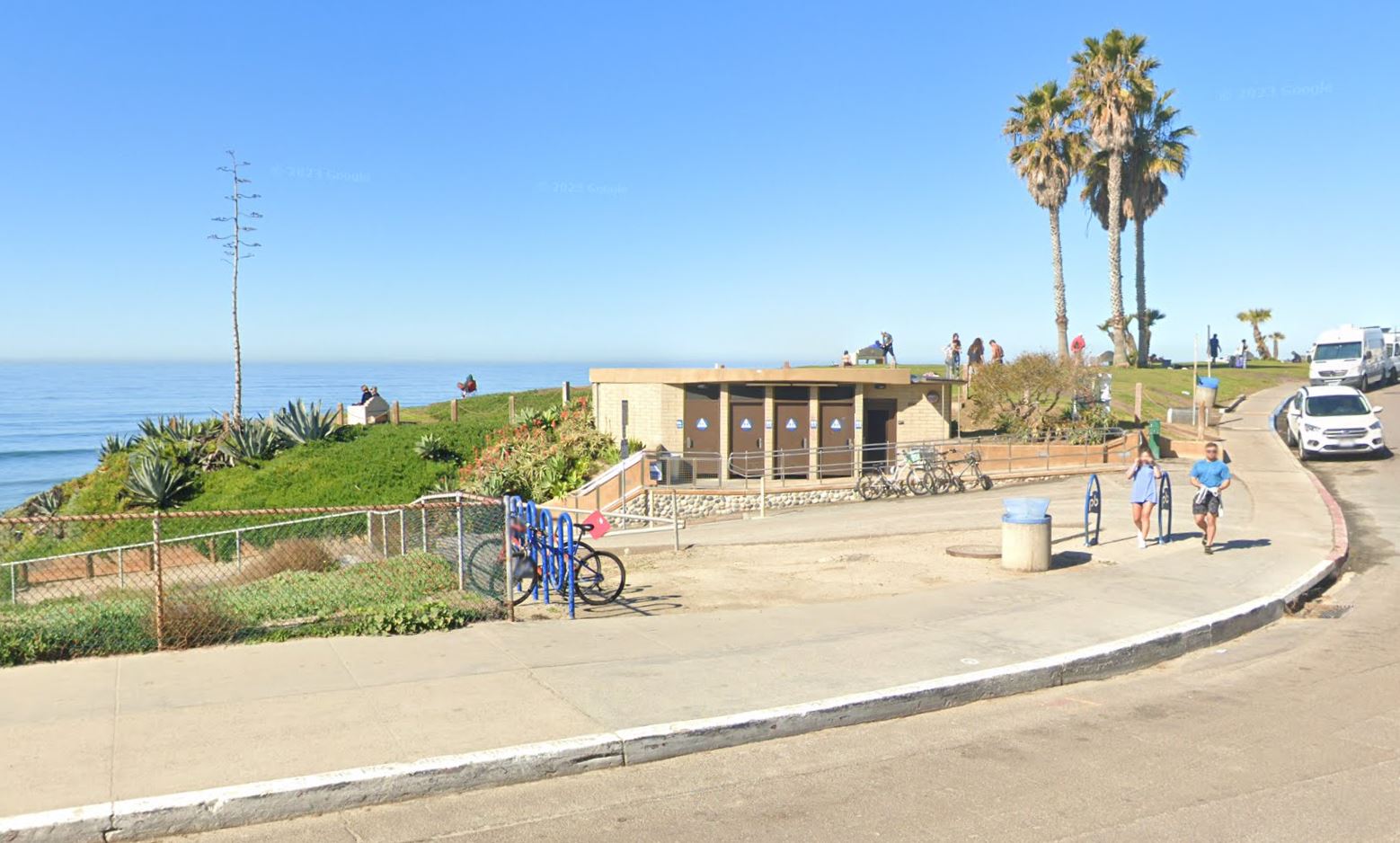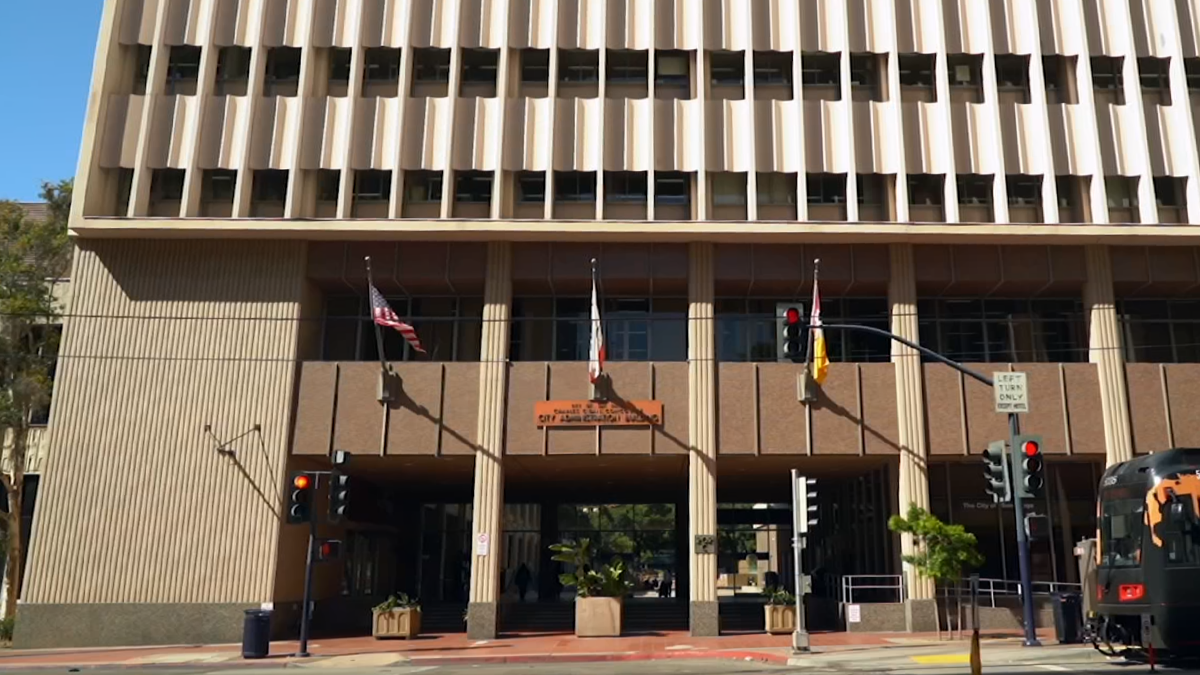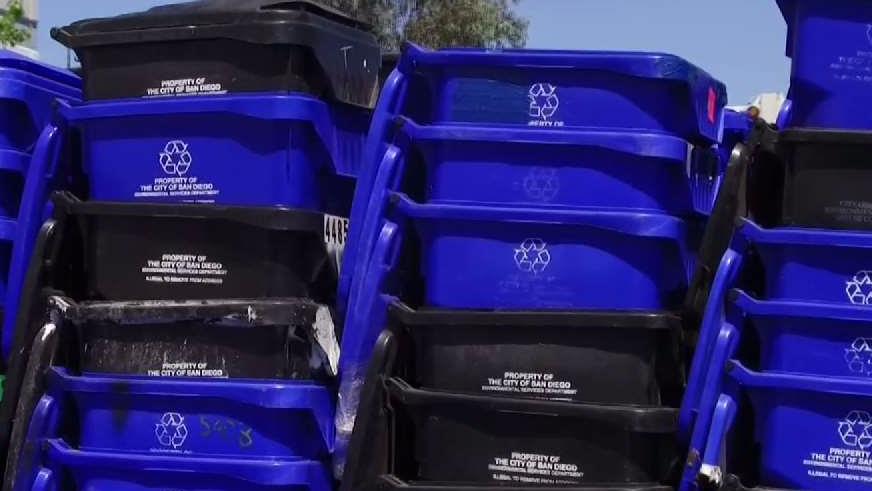About 4,200 tickets have been issued following a 60-day grace period, according to a parking enforcement supervisor for San Diego. NBC 7’s Dana Williams reports.
On Jan. 1, the state's "daylighting" law went into effect in the city of San Diego and elsewhere across California.
The law, which prevents people from parking within 20 feet of any marked or unmarked crosswalk, is intended to provide more visibility to drivers and pedestrians alike near crosswalks to prevent collisions.
Stream San Diego News for free, 24/7, wherever you are with NBC 7.
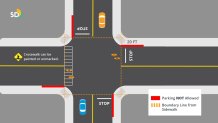
"It's basically that no one can park within 20 feet of an unmarked or marked crosswalk on the approach side of the crosswalk," said Erin Longen, who's a parking enforcement supervisor for San Diego, adding that, "if it's a four-way intersection, there'd be four, but on each street, it's really only one side of the street as you approach that crosswalk."
Get top local San Diego stories delivered to you every morning with our News Headlines newsletter.
The city of San Diego instituted a 60-day grace period so San Diegans and tourists could become accustomed to the new rule. And so, on March 1, the city's 55 or so parking enforcement officers began putting teeth into the law.
San Diego City Hall Coverage
Now, though, the tickets are much heftier than initially proposed: $117, including those fees, after a decision by the city to raise all ticket prices in a search for revenue to help plug a $258 million shortfall in the next fiscal year.
Also: As was warned about in the run-up, parking enforcement officers are issuing daylighting tickets regardless of whether curbs have been painted red, so ignorance is no defense.
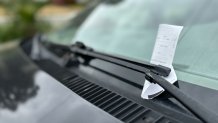
On Thursday, Longen told NBC 7 that about 4,200 tickets for breaking the daylighting law have been issued in the two months following that 60-day grace period. Prior to that, "we gave out warnings, which was a little blue slip of paper that said the law, the enforcement, all that. We gave out 1,500 of those ..."
As a result, errant drivers have so far added nearly half a million dollars to city coffers, which can be extrapolated to nearly $3 million annually, with the city's general fund benefiting from the windfall.
While that may seem like a lot, the daylighting tickets only represent 10% or less of all those being written up by parking enforcement, Long said.
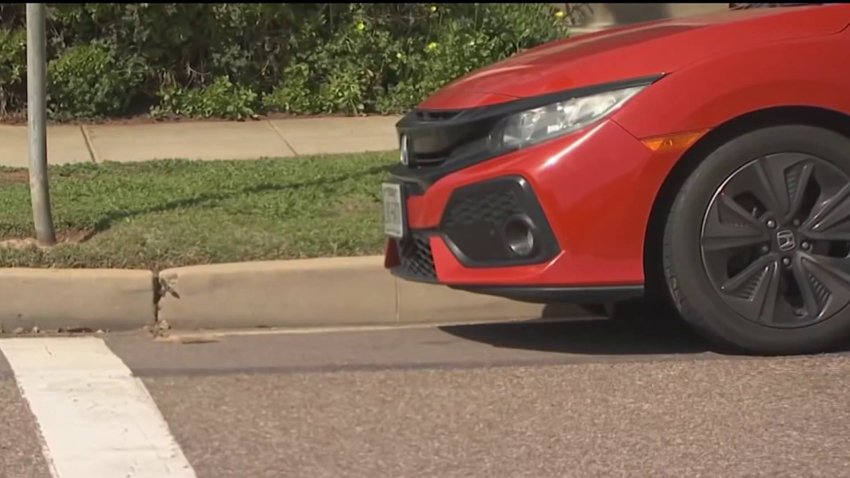
While no neighborhoods are being specifically targeted, Longen said, more tickets are, not surprisingly, being written where there are more cars.
"I don't have the numbers exactly in front of me, but I know we're ticketing it citywide, and, obviously, the more impacted areas are going to be where more people live, right?" Longen said. "Anywhere from Normal Heights all the way west to the beaches and all the way up north to La Jolla."

